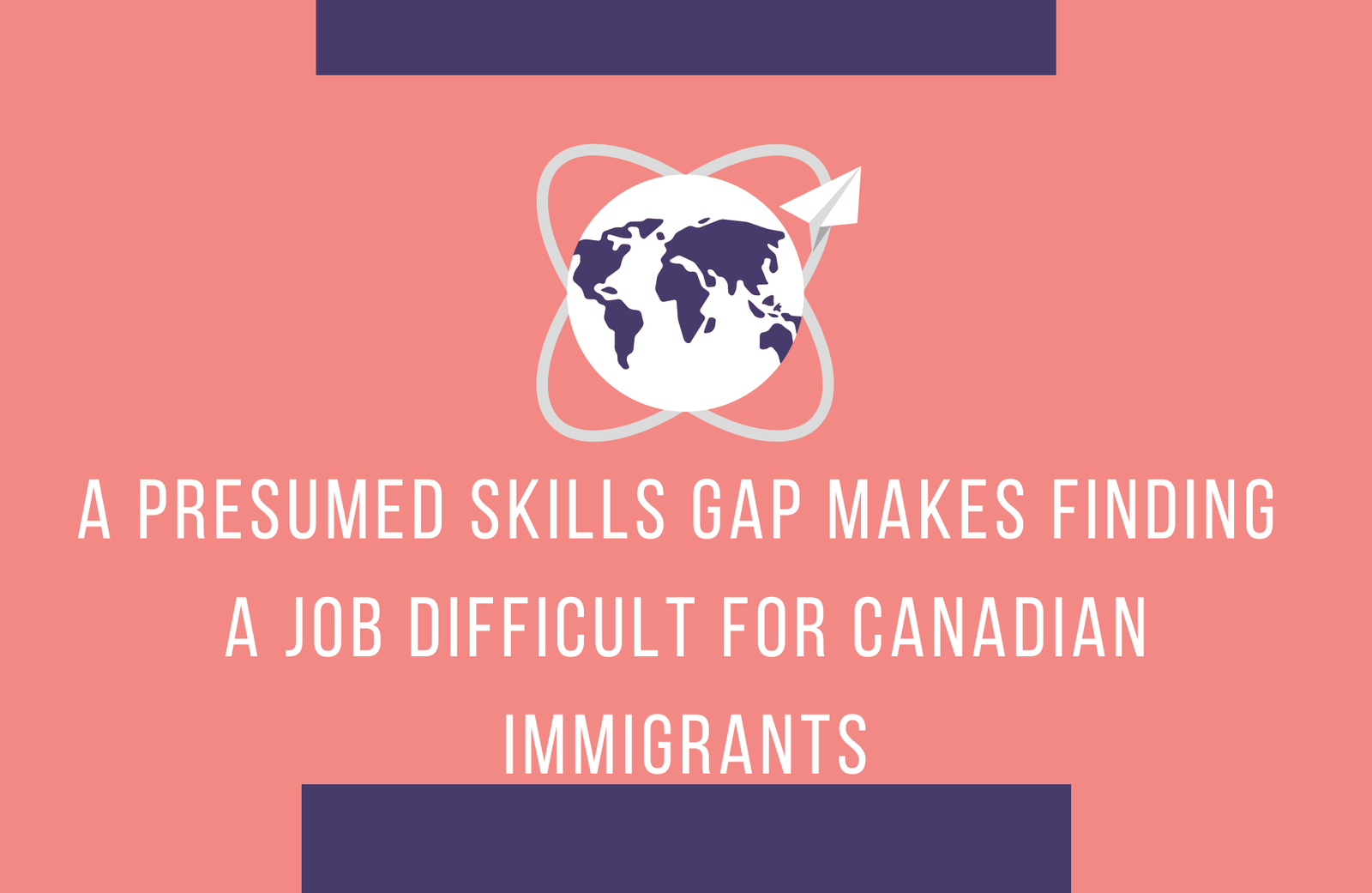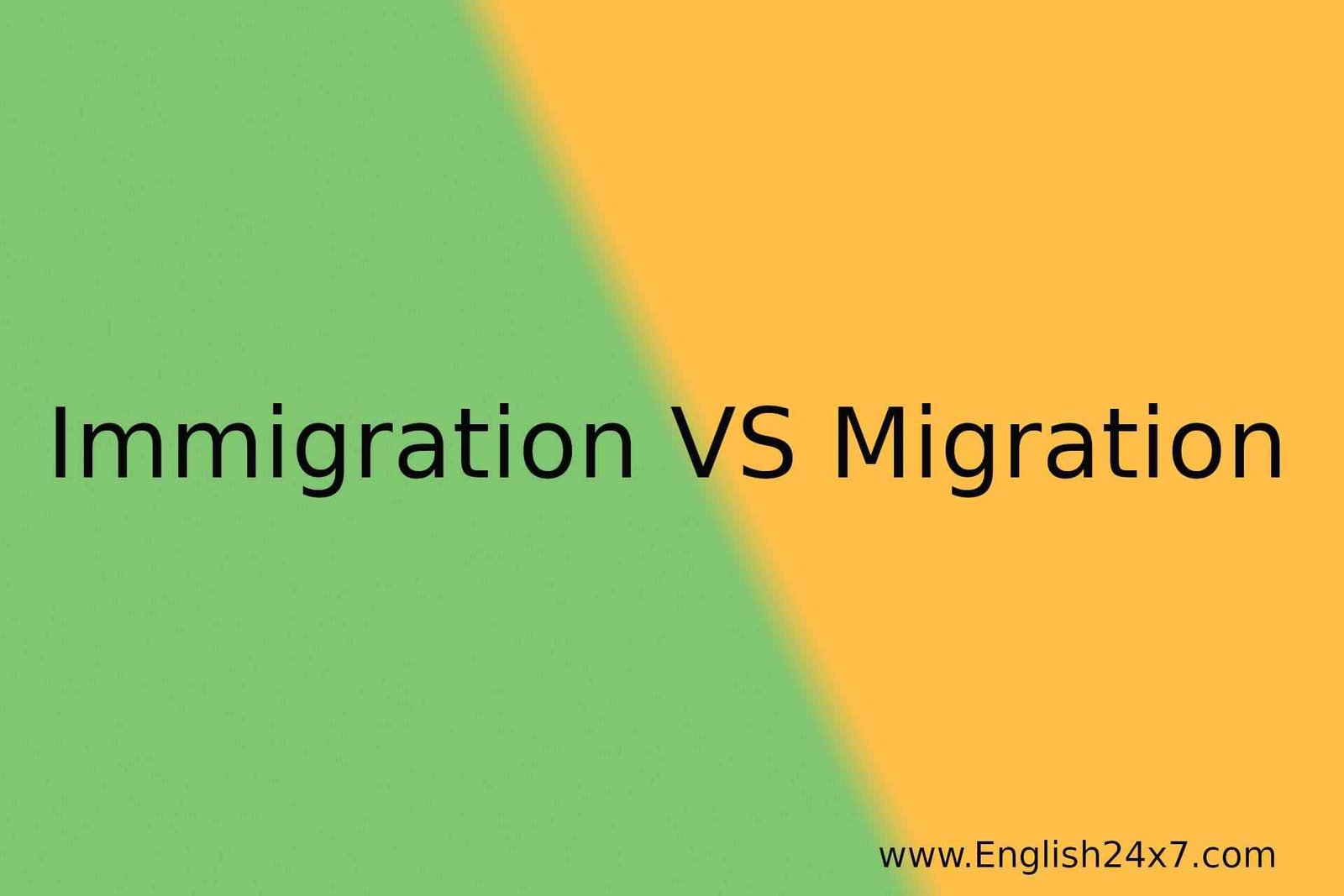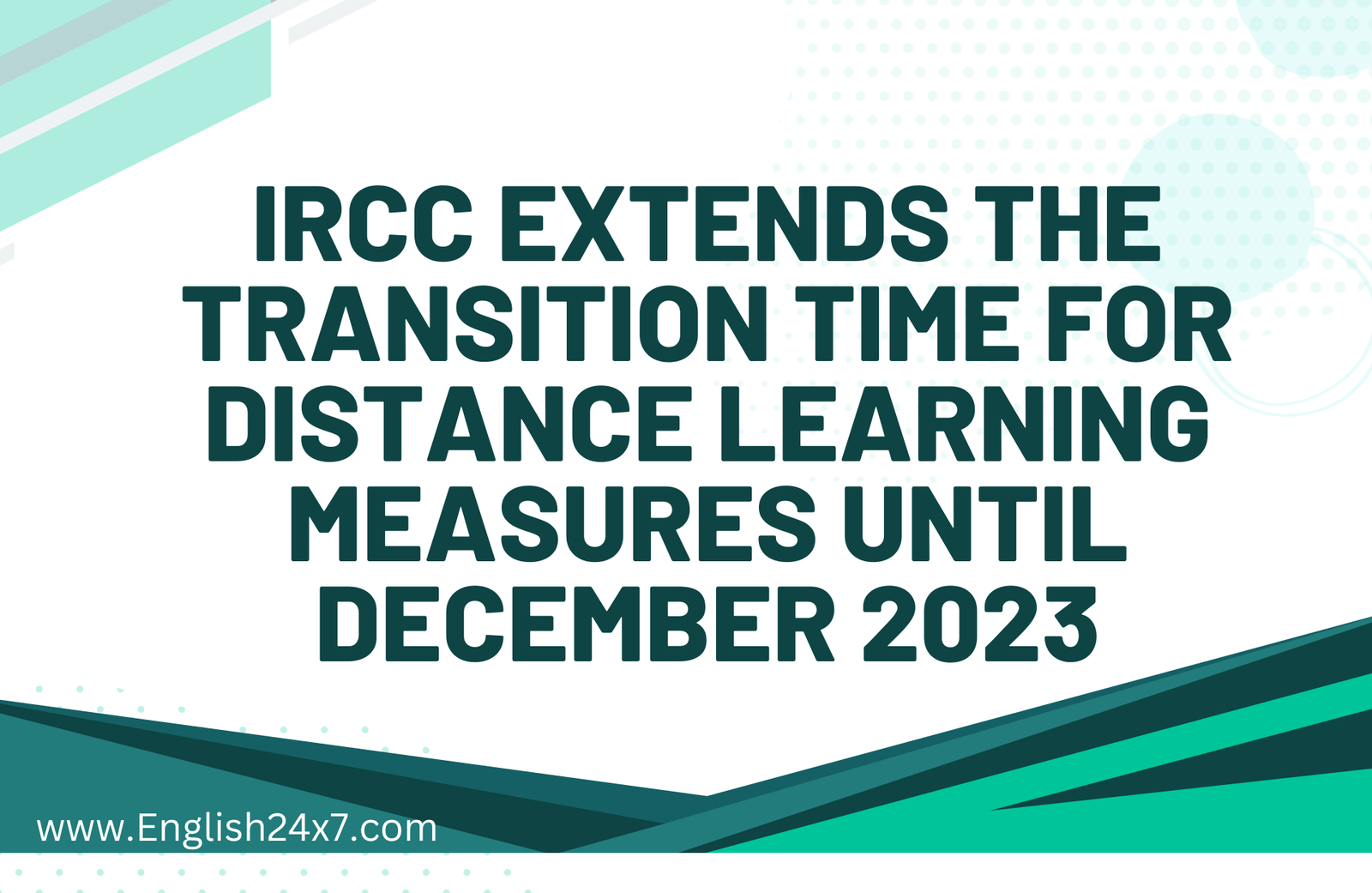
A presumed skills gap makes finding a job difficult for Canadian immigrants
Employers in Canada could have an incorrect impression of the abilities and employability of immigrants. Their ability to obtain work in Canada is being affected by this, but there might be a fix.
The impression that skilled Canadian immigrants might need to gain the abilities necessary to carry out many of the same occupations in Canada that they might have carried out in their home country is a problem for them.
This impression is mainly based on immigrants' lack of job experience in Canada, "language difficulty," and difficulties with Canada's recognition of foreign educational and/or professional qualifications.
Nita Chhinzer, a specialist in human resources management at the University of Guelph, specifically mentioned "biases" that exist among some Canadian employers.
According to Chhinzer, these prejudices lead to employers discounting foreign education and job experience and making assumptions about an immigrant's language skills.
Sadly, this reality has severely affected how some immigrants in this nation live their lives.
Implications for Canadian immigrants of this alleged skill mismatch
As a result of the notion that there is a skills gap among immigrants, newcomers to Canada appear to be passed over for career possibilities rather than receiving enough training to help address these problems.
Tiff Macklem, governor of the Bank of Canada (BoC), stated this clearly in her words. At his lecture on November 10th, sponsored by the Public Policy Forum of Toronto, Macklem made the following points about immigrants, acknowledging that Canada needs increased immigration to support its labour force.
"More immigration means more prospective workers... Governments must ensure that immigrants easily transition into the workforce by recognising their credentials and providing settlement assistance like language and skill training. Companies must also invest in training if we are to narrow the skills gap.
Macklem also rejected the notion that immigrants' skills are greatly outmatched by job possibilities in Canada during this address.
Some arrivals have been worried about their chances of having a prosperous future in this country due to the idea that immigrants in Canada are not qualified to conduct professional labour because of a "skills mismatch."
One Indian immigrant who arrived in Toronto in June of last year, for instance, described her struggle to find employment as a "heartbreaking" reality.
Tanya Raizada relocated to Canada after spending more than ten years managing human resources in Bombay. She then applied for 600 jobs in just under four months.
She chose to return to India in September 2022 after only 20 interview calls and 0 job offers. Raizada stated in an interview with Global News that she "personally felt like a failure."
These effects could ultimately have a negative impact on how immigrants across Canada feel Canada, but there might be a method to start fixing this issue.
Working to address this issue for Canadian immigration
A policy review at the federal level is the first step in correcting the notion that immigrants in this nation have skills gaps that make them unsuitable for work opportunities.
For companies in Canada to more effectively acknowledge the value that immigrants bring to the country through their overseas working history, a reassessment of the country's current immigration and employment policies may be necessary.
The same is true for the alignment of degrees, diplomas, and certificates granted in Canada with educational qualifications from other nations. Last but not least, BoC Governor Tiff Macklem proposed that examining and changing government policies might be the first step in giving immigrants greater language and skills training.
Theoretically, this would lessen Canadian employers' prejudices against immigrants as candidates or employees, presumably enhancing work opportunities for all immigrants to Canada.







